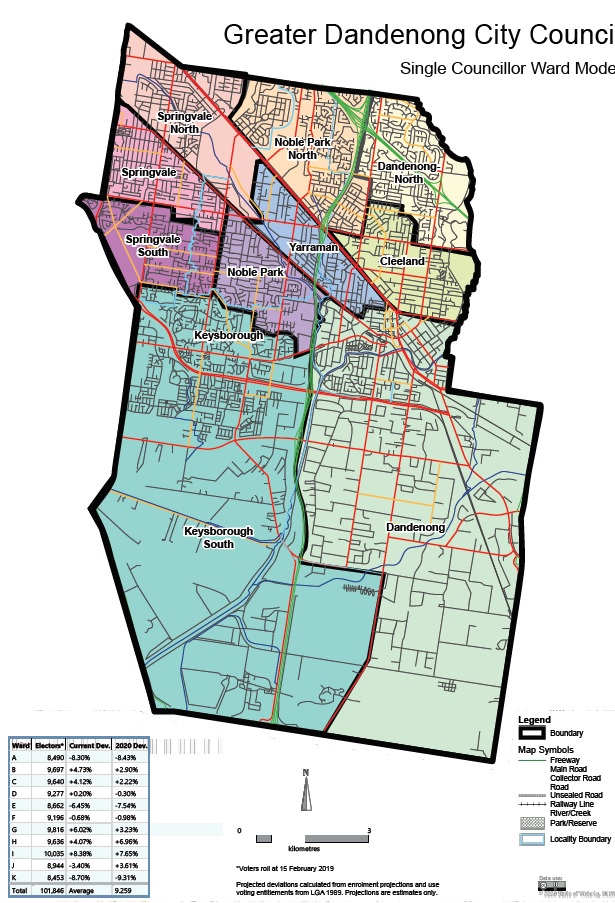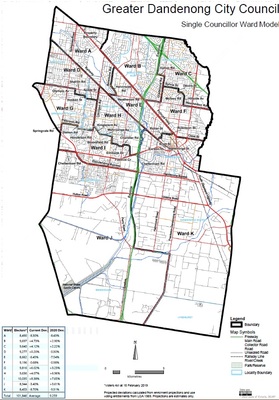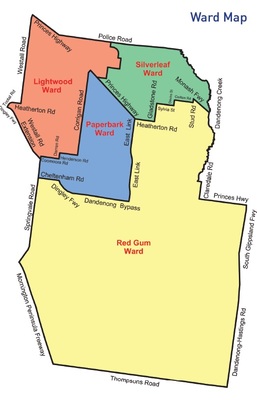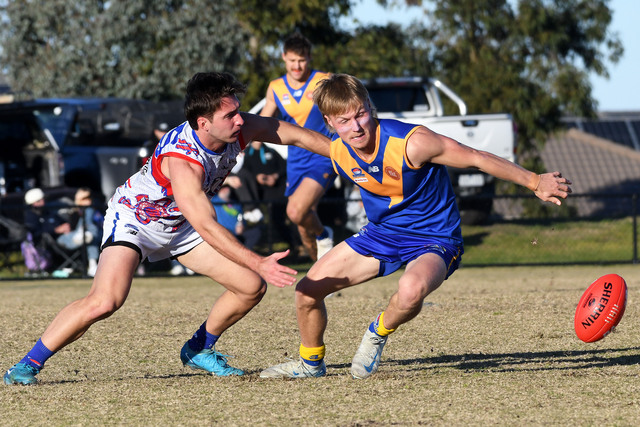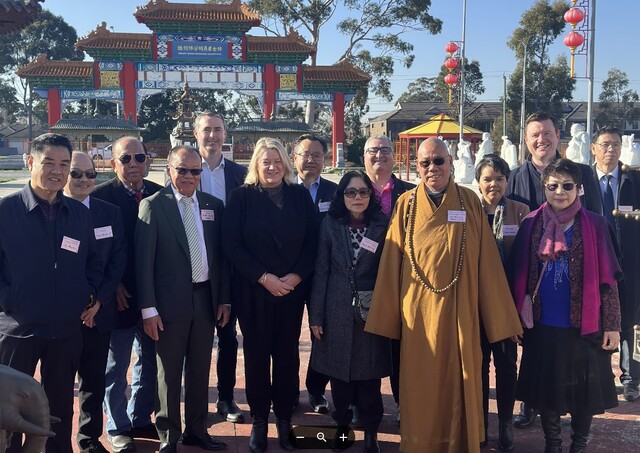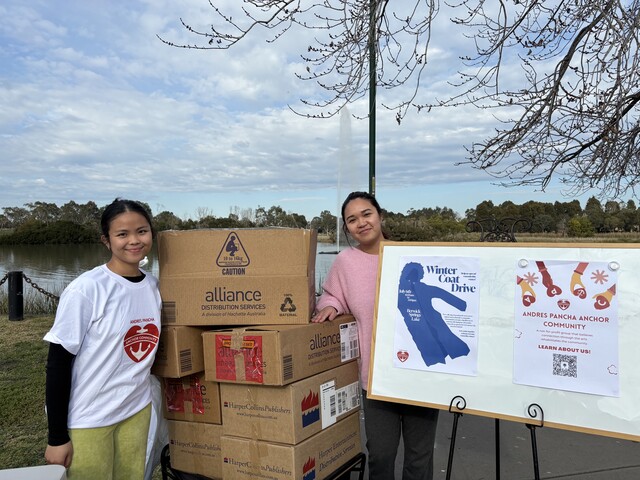Good or bad for democracy?
The shift to single-member wards and postal voting for Greater Dandenong Council’s election on 24 October has drawn a mixed response from sitting councillors.
Greater Dandenong is one of seven Victorian councils which had up to now resisted the switch from attendance voting.
It affirmed that position as recently as February.
The State Government has also mandated Greater Dandenong’s shift from four multi-councillor wards to 11 single-member wards.
The council has since proposed ‘back-to-the-future’ names reflecting suburbs and streets for the new wards.
The proposed names are Springvale North, Springvale Central, Springvale South, Keysborough, Keysborough South, Noble Park North, Yarraman, Noble Park, Dandenong North, Cleeland and Dandenong.
Currently, the four wards are named after flora: Red Gum, Paperbark, Silverleaf and Lightwood.
Mayor Jim Memeti said the new place-based names would be more identifiable for residents.
Most incumbent councillors would naturally occupy new wards without going head-to-head with each other, Cr Memeti said.
They were councillors Sean O’Reilly (Springvale North), Youhorn Chea (Springvale), Loi Truong (Springvale South), Matthew Kirwan (Keysborough South), Maria Sampey (Noble Park North), Zaynoun Melhem (Dandenong North), Angela Long (Cleeland) and himself in Dandenong, he said.
However, the Noble Park-based Paperbark Ward councillors Peter Brown, Tim Dark and Sophie Tan faced a vexing choice given the ward has been split five ways.
Crs Brown and Dark told the Journal they were undecided which ward they would nominate for.
Cr Memeti said the single-member wards would enable voters to judge which councillors were doing a good job.
“We’re able to be held accountable.”
Opposed however are Cr Matthew Kirwan, of the Greens, and Cr Dark, of the Liberal Party, who sit among an ALP-dominated council.
Cr Dark said single-member wards may impede independents and non-ALP candidates, and further entrench Labor’s dominance.
Cr Kirwan said single-member wards were a “regressive step for democracy”.
“They encourage parochial behaviour among councillors and don’t deliver the same diversity of views and councillors as multi-councillor wards.
“Multi-member wards encouraged collegiality and a focus on improving the whole council.”
Cr Kirwan cited the case of the sacked Geelong City Council in which single-councillor wards led to distorted resource allocation and priorities.
Postal voting was also regressive, he said.
It could lead to a rise in dummy candidates – who run solely to draw preferences on behalf of genuine candidates – in Greater Dandenong elections, Cr Kirwan said.
How-to-vote cards are banned in the upcoming poll, which may arguably reduce dummy candidates’ effectiveness.
However, candidates at Casey Council’s 2016 election circumvented the ban by including how-to-vote preferences within their candidate statements.
Cr Memeti said dummy candidates were not a threat, being less likely to run well-resourced letter-drop campaigns.
“You can always spot the dummy candidates from a mile away.”
Cr Memeti welcomed “all residents” to get involved, including as new candidates.
“We do need new people – new ideas, younger people, more female participation.”
In support of the changes, Cr Brown said postal voting allowed electors to vote at their convenience.
Single-member wards had worked “exceptionally well” in the past, he said.
“It allows a councillor to focus specifically on a much smaller area and to improve the outcomes for people in that area.”
Multi-member wards led to duplicating assistance and mixed messages to constituents, Cr Brown said.
In support, Cr Maria Sampey said there would be nowhere for non-performing councillors to hide.
“Some councillors work, while some hardly attend meetings.
“We’ll be more accountable.”
Municipal Association of Victoria has been critical of mandatory single-member wards across the state.
It placed “too much emphasis on individual councillors rather than collective decision making in the interests of the community”, the MAV recently submitted to the State Government.
“The proposal is neither accompanied by any evidence base nor public policy reasons.”
In a first, Dandenong-based Local Government Minister Adem Somyurek announced on 15 May that postal voting will be enforced across all Victorian councils.
He linked the move with the need to keep voters and candidates safe during the Covid-19 pandemic.
“By making every vote a postal vote, we’re ensuring this vital democratic process is conducted in a safe manner that also allows for the participation of more voters.”
As a physical distancing measure, longer candidate statements will be allowed in the formal Voter Information packs, Mr Somyurek said.
Guidance would be available on suitable and safe campaigning methods.

